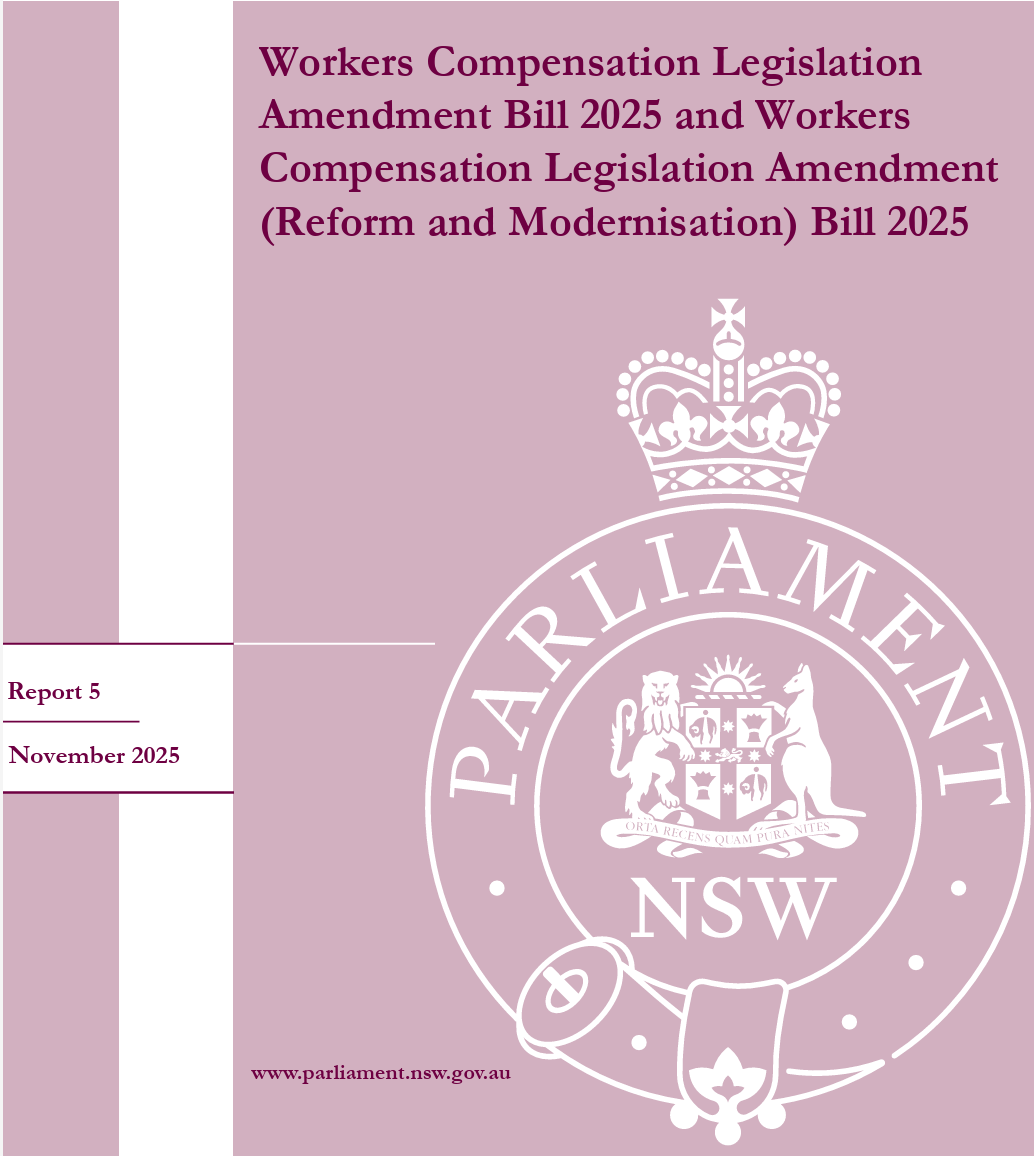Workers Compensation Legislation Amendment Bill 2025
The Workers Compensation Legislation Amendment Bill 2025 has sparked intense debate across the sector, not because the system doesn’t need reform, but because the proposed changes target the worker rather than the root causes of escalating claim costs. The real issue is not entitlements. It’s delay, poor triage and unmanaged clinical risk. Early intervention reduces psychological injury costs twentyfold, yet most claims still deteriorate for months before meaningful action occurs. This is exactly where AllMeds and IMM fit. By identifying medication and clinical risks instantly, and delivering pharmacist-led intervention early, we provide the system-wide capability this Bill is trying to legislate for. Better decisions, faster, with real clinical oversight. Reform will only work if it improves management, not just eligibility, and the data shows that early risk detection is the lever that changes outcomes.

Top 5 Takeaways from the Bill
- Massive tightening of access to long term support for psychological injuries The Bill lifts permanent impairment (WPI) thresholds from 21 percent to 31 percent for ongoing weekly payments and medical support.
Evidence in the report shows this threshold is almost impossible to reach, meaning workers with serious psychological injury lose support after 2.5 to 3.5 years.
Witnesses highlight the high likelihood of worsening symptoms, self harm risk, and flow-on costs to health and social systems.
- Lump sum and negligence claims for psychological injury are effectively eliminated Workers between 15 percent and 30 percent WPI would lose access to: • Lump sum compensation for non-economic loss • Modified common law damages for employer negligence
This includes victims of workplace sexual assault, bullying, racism and harassment, who would no longer have recourse unless they reach the near unattainable 31 percent threshold.
- Introduction of a restrictive “relevant events” test A psychological injury will only be compensable if caused by a narrow list of events, excluding: • Single incidents of bullying • Unreasonable management action • Most workplace pressures or cumulative trauma • Many forms of discrimination
Stakeholders warn this will exclude legitimate psychological injuries and sharply reduce claim volumes.
- Strong criticisms of insurer practices and scheme management The report highlights: • Delays in treatment approvals • Adversarial claim handling • Poor return-to-work outcomes • Excessive legal and investigation spending • Lack of accountability
Psychological injury claims where treatment occurs within two weeks cost 20 times less, yet insurers often take months to act.
- Premium pressure and long-term scheme sustainability concerns Evidence shows: • Psychological claims doubled in six years • Claim costs have tripled • Nominal insurer funding ratio has deteriorated • Premiums risk rising 36 percent without reform
However, the Committee rejects cutting injured workers’ entitlements as a solution, pointing instead to better claims handling, oversight, and system-wide reform.
Strategic Summary for AllMeds and IMM
The Bill signals a major shift in NSW workers compensation, driven by unsustainable psychological injury costs. The Committee rejects most of the Government’s proposals and calls for system reform grounded in early identification, early intervention, and quality clinical management. This aligns directly with what AllMeds and IMM already deliver. Your opportunity sits in three areas.
- The scheme wants early risk identification and early treatment The report repeatedly emphasises: • Treatment within 2 weeks reduces cost by 20x • Delays are driven by insurers • Poor triage is driving claim deterioration and cost escalation
AllMeds solves exactly this problem. It gives insurers immediate visibility of medication-related risks, flags deterioration early, and enables rapid triage to IMM. This positions AllMeds as the system-wide early warning mechanism the scheme currently lacks.
- Psychological injury costs often stem from unmanaged medication risks The report focuses on psychological claims, but the underlying reality is this: • Many psychological injuries are worsened by medication interactions • Sedating medications prolong incapacity • Poorly coordinated prescribing drives long tail claims
IMM’s clinical medication management addresses these cost drivers more effectively and more sustainably than legislative cut-offs ever could. You can directly position IMM as: • A solution for functional improvement • A mechanism to reduce duration of incapacity • The missing clinical oversight the scheme needs
- The Committee highlights failures in case management, treatment access, and insurer behaviour The report repeatedly cites: • Delays in medical approvals • Adversarial practices • Poor return-to-work planning • Lack of clinical visibility AllMeds + IMM provide: • Automated risk intelligence • Real-time clinical clarity • National pharmacist-led interventions • Documented improvements in medication safety and recovery You offer the operational fix, not a political fix. That is exactly what the Committee says the system is missing.
Bottom Line The Bill attempts to contain costs by restricting entitlements. The Committee rebukes these measures and instead calls for earlier intervention, better oversight, and more clinically informed decision-making.
AllMeds and IMM are perfectly aligned with the Committee’s recommended direction of reform.
Reduce system cost not by cutting workers off, but by preventing deterioration, identifying risks early, and optimising treatment pathways.
Evidence-Based Medication Oversight for Better Claim Outcomes
Expert pharmacy reviews and medication management services that help claims teams make confident, informed decisions about medication-related claims.
Got Questions? Speak to an Independent Pharmacist
Unbiased advice on your claimant's medications and recovery plan.
